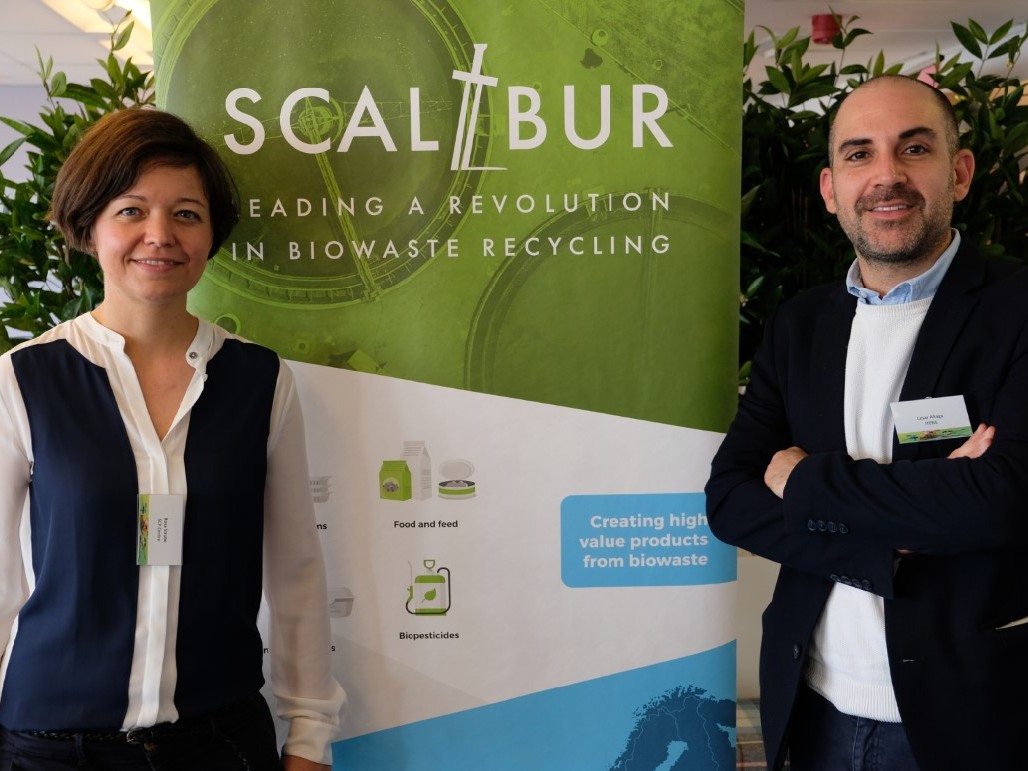A glimpse into the future of biowaste management
It’s true that managing food- and other biological waste is a big challenge for Europe. Almost half currently ends up in landfill: a huge waste of resources, which also causes greenhouse gas emissions and pollution. The conference brought together some of the leading EU initiatives, giving a glimpse into a future where biowaste is recovered and recycled, creating new circular economy business opportunities, both in rural and urban areas. Technical solutions for biowaste recycling Part of the challenge is related to finding ways to turn biowaste in high-value products, to make recycling a profitable exercise. The following technical solutions were presented: - The VALUEWASTE project aims to demonstrate the first complete solution to fully valorise urban biowaste which can be easily replicated by cities around the world. They propose an integrated system for waste valorisation into key strategic products for the EU: food, feed and fertiliser. www.valuewaste.eu - SCALIBUR also focuses on urban biowaste and will demonstrate industrial value chains to transform food waste and wastewater into high value products such as bioplastics, biopesticides and food and feed. www.scalibur.eu - Agrimax looks to find a solution for crop and food-processing waste. They will build two, flexible, multi-feedstock pilot biorefineries, which could be installed by farms and food processing companies to immediately valorise the biowaste created on-site. This will allow the production of multiple, high-value products. www.agrimax-project.eu - Grassification looks at grass clippings, specifically from public spaces such as roadsides. Mainly for logistical reasons these clippings are currently underutilised. Grassification aims to optimise the supply chain to create a viable business model for the transformation of grass clippings into industrial products. www.interreg2seas.eu/nl/Grassification Getting citizens on board Effective waste management is impossible without cooperation from citizens. The key to biowaste recycling is separation at source, and consumers need to be sensitised to products derived from biowaste. Currently many Europeans are not used to separating their waste, and others may not be sufficiently motivated or informed to correctly separate. SCALIBUR partner CSCP presented some strategies to engage citizens and encourage behaviour change if necessary. CSCP will work together with three pilot cities in the SCALIBUR project to implement best practices in biowaste collection and treatment. These will result in a set of best practices which can be replicated in other cities. Presentations from the event are available at www.scalibur.eu/resources



